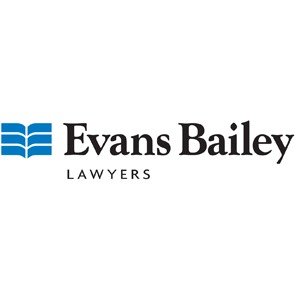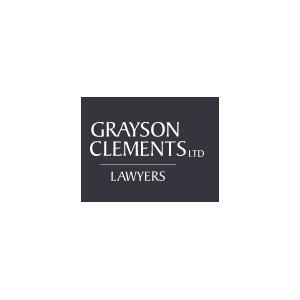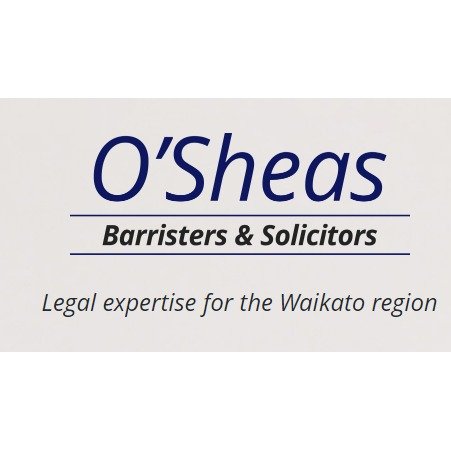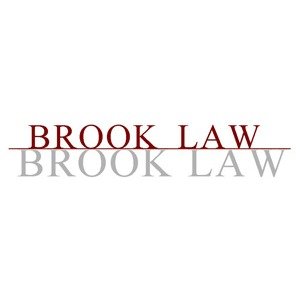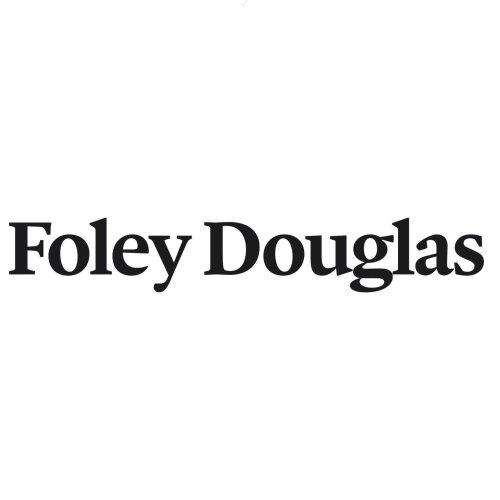Best Child Abuse Lawyers in Hamilton
Share your needs with us, get contacted by law firms.
Free. Takes 2 min.
Free Guide to Hiring a Family Lawyer
List of the best lawyers in Hamilton, New Zealand
About Child Abuse Law in Hamilton, New Zealand
Child abuse law in Hamilton, New Zealand, is stringent, focusing on ensuring the safety and welfare of the child. The laws categorize child abuse into four main types: physical, sexual, emotional, and neglect. Serious attention is given to allegations of abuse, and all citizens are encouraged to report known or suspected cases of child abuse. Investigations are carried out meticulously, with consideration given to the best interests of the child at every stage.
Why You May Need a Lawyer
There are several situations in which individuals might need a lawyer concerning child abuse. For instance, if you're facing accusations of child abuse, a lawyer can help in providing a legal defense. If you suspect a child is being abused, a lawyer can guide you through the process of reporting it and potentially becoming the child's advocate or guardian. Additionally, a lawyer can assist you in navigating the complexities of the court system, particularly if you need to secure protection orders or make custody arrangements.
Local Laws Overview
The key aspects of local laws related to child abuse emphasize child protection and the criminal nature of abusive acts. New Zealand's Crimes Act 1961 includes several provisions directly relating to child abuse, listing it as a severe crime. The Children, Young Persons, and Their Families Act 1989 is another significant legislation that guides the processes for dealing with child abuse cases, including the role and function of Child, Youth, and Family services.
Frequently Asked Questions
What legally constitutes child abuse in New Zealand?
Child abuse is legally defined as any act or omission that results in harm to a child or young person. This harm may occur through physical, sexual, emotional abuse, or neglect of a child's needs.
What should I do if I suspect a child is being abused?
If you suspect a child is being abused, it's crucial to report it immediately to the police or Child, Youth and Family services. If the child is in immediate danger, call law enforcement right away.
Are there penalties for failing to report child abuse?
Yes, failing to report known or suspected child abuse can be a serious crime. Especially for professionals who work with children, non-reporting could result in legal consequences, including potential fines or imprisonment.
Can someone falsely accused of child abuse defend themselves legally?
Individuals falsely accused of child abuse can definitely defend themselves. It's highly advisable to secure legal representation immediately if you are wrongly accused.
Can parents lose custody or visitation rights because of abuse?
Yes, parents found guilty of child abuse can lose custody or visitation rights. The child's safety is paramount, and situations where the child is likely to get harmed may result in such outcomes.
Additional Resources
Some resources that can be helpful include Child Matters and Child, Youth, and Family services. They provide extensive support and services related to child welfare and abuse. New Zealand's Human Rights Commission and Community Law Centres can also provide information and assistance.
Next Steps
If you need legal assistance in matters of child abuse, your first step should be to contact a reputable lawyer experienced in child abuse laws. The local bar association can provide referrals. It's also important to gather all relevant information and documents related to the case for your lawyer to review. You should cooperate fully with your lawyer and the legal authorities involved while ensuring the safety and welfare of the child involved.
Lawzana helps you find the best lawyers and law firms in Hamilton through a curated and pre-screened list of qualified legal professionals. Our platform offers rankings and detailed profiles of attorneys and law firms, allowing you to compare based on practice areas, including Child Abuse, experience, and client feedback.
Each profile includes a description of the firm's areas of practice, client reviews, team members and partners, year of establishment, spoken languages, office locations, contact information, social media presence, and any published articles or resources. Most firms on our platform speak English and are experienced in both local and international legal matters.
Get a quote from top-rated law firms in Hamilton, New Zealand — quickly, securely, and without unnecessary hassle.
Disclaimer:
The information provided on this page is for general informational purposes only and does not constitute legal advice. While we strive to ensure the accuracy and relevance of the content, legal information may change over time, and interpretations of the law can vary. You should always consult with a qualified legal professional for advice specific to your situation.
We disclaim all liability for actions taken or not taken based on the content of this page. If you believe any information is incorrect or outdated, please contact us, and we will review and update it where appropriate.



